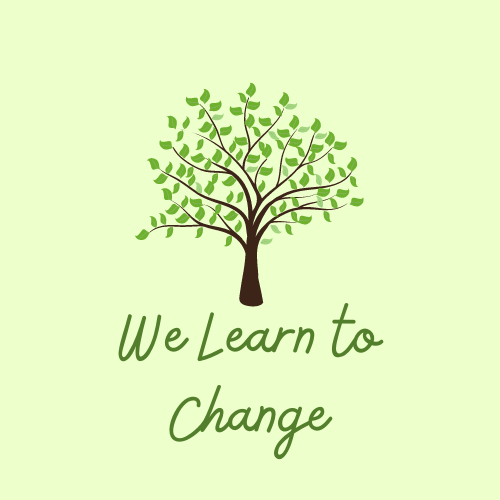Today’s bike monologue video is my second attempt to create the video today. The first time around, I went down a rabbit hole about not intending to assault feminism and defend the literary canon of dead white males. Feel free to contact me if you would like to hear more about that.
Our nation’s body politic has endured a lot of damage recently. It lays upon the ground, bloody and bruised, gasping for air while the angry and disenchanted lean in on it. Bystanders stand by with their smartphones with 512 GB of storage, video recording the scene as they scream at those perpetrating assault upon an innocent. As the videos are posted to Twitter, Instagram, TikTok, Facebook, and YouTube, people express their rage at the perpetrators and everything they represent.
Meanwhile, the body politic is dying.
We Need the Madness to Stop
This is not going to stop right away. What is this? I can only sum it up as a lack of empathy, an inability to communicate effectively, a lack of confidence that translates to lashing out, and selfishness overcoming any sense of our interdependence. This aggregate attitude toward everything and everyone has to go disappear, dissipate like a chemical fog that has been hovering within our line of vision for way too long.
Just like the Portland Dads brought their leaf blowers to the protest to protect the Moms who risked themselves to protect the protesters in that city, teachers can provide students the “leaf blowers” that dissipate that chemical fog in our brains that clouds our ability to see what is happening around us clearly. Social and emotional learning strategies and curricula can help.
Students need support from teachers, parents, and the community to approach our nation’s issues more productively. Teachers cannot make much progress with students who go home to parents and community members who dismiss what they are learning. We cannot work on restorative practices, for example, only to have that student try something they’ve learned while they are home and face opposition instead of cooperation. If we are going to implement social and emotional learning, it needs to have the full support of everyone concerned or it might not work.
Some concepts that SEL supports include:
- Empathy
- Empowerment
- Self-Awareness, Self-Confidence, Self-Discipline, Self-Control, Self-Defense, Self-Respect (Thank you, Hoover Karate Academy, for teaching me these; I will not forget them, nor you.)
- Respect
- Relationship Building
- Decision Making
- Communication
- Collaboration
- Respectful Dialogue
- Restorative Practices
- Social Justice
- Civil Rights
- Citizenship
- Digital Citizenship
- Anti-Racism
- Anti-Bullying
That is not an all-inclusive list. What we focus on depends on what our students need. This article is a good primer.
We May Need to Sacrifice Content to Support Our Students’ SEL Needs
Teachers don’t want to hear that they need to put aside their beloved content. We English teachers have to do this all the time, so we are used to it. Instead of teaching a novella, teach the college essay. Instead of working with students on a literature research paper, teach them how to write about their chosen career. Instead of fostering a love of poetry, proctor their senior projects. Here comes one more thing, but this time it’s critically important.
Just like COVID-19 is a life-or-death situation, so it is that the lack of social and emotional skills among many in this population is creating life-or-death situations on an almost daily basis. Which is more important? Every teacher knows the answer to that question.
Please Watch My Monologue
I don’t normally ask this, but today I am going to. I would love it if you would watch the monologue I created today. It’s not perfect; I will get better. But today my passion comes through. I got a little emotional, and it is hard to convey that passion through text.
Thank you for reading.
The Featured Image of this post is an example of the great work of Gabriella Clare Marino, who posted this photo on Unsplash.com.
